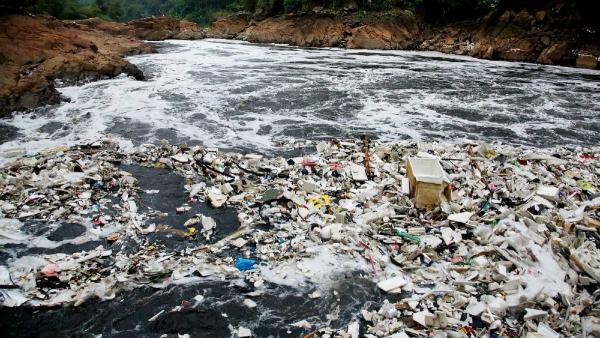New Research Shows SDG 6 Wastewater Goals Insufficient
By Diogo Augusto
28 Oct 2022 by The Water Diplomat

Sustainable Development Goal 6 on water and sanitation includes target (SDG) 6.3, which commits states to halve the proportion of untreated wastewater released into the environment by 2030. This target, researchers have found, is insufficient to avoid water quality problems in several regions of the world. This is the conclusion of a new study conducted by researchers from the University of Utrecht in the Netherlands and published by Communications Earth & Environment.
As populations grow in some areas of the globe, the issue of wastewater treatment becomes a more difficult problem to solve. Water contaminated with faecal matter may result in outbreaks of diseases like cholera which, when left untreated, can and often does result in death by dehydration. The researchers acknowledged the existence of a knowledge gap when it came to understanding the impacts of halving wastewater by 2030 and developed a new model to understand if this would be sufficient to guarantee safe drinking water worldwide. “Our results highlight the need to go beyond the SDG-target for wastewater treatment in order to achieve the overarching goal of clean water for all,” stated the researchers in the study.
Speaking to the Environment Journal, Edward Jones, the main author, said: “Our simulations show that, for a large part of the year, water quality in several regions would still exceed critical thresholds for human uses and ecosystem health. This is especially the case for developing countries, particularly in sub-Saharan Africa and South Asia.” The study found that, although implementing wastewater treatment measures would improve the quality of water locally, it would be the populations located downstream from water sources that would end up not having access to clean water due to the cumulative effect of the pollutants upstream.
As even achieving SDG 6.3 will mean a great expenditure, the authors warn that providing clean water worldwide may be a very expensive process. Jones stated: “‘Even achieving the current SDG target will pose serious economic challenges, as expansion of wastewater treatment can be an expensive process.” He added: “Yet the cost disadvantages of inadequate water quality for sectoral uses must also be considered. Ultimately, however, we also need to reduce our pollutant emissions and develop new approaches towards wastewater management”.
